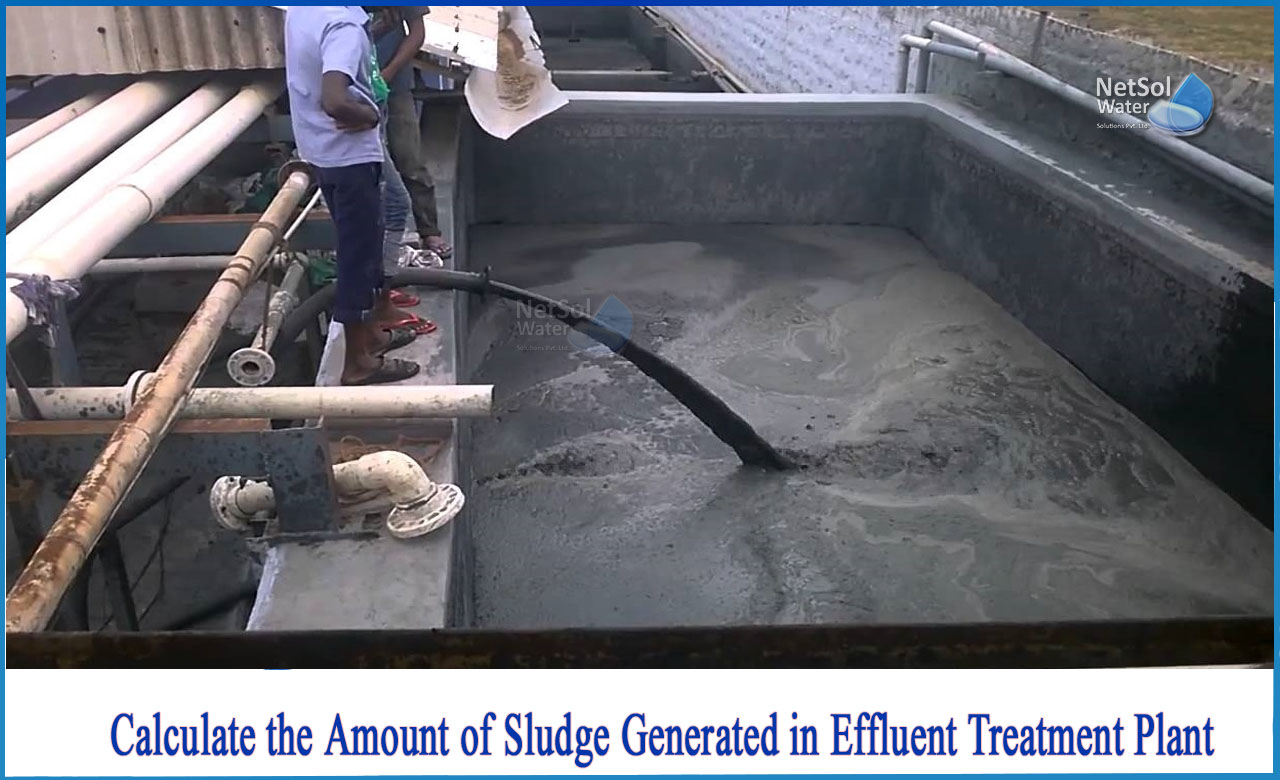What is sludge?
Sludge is semi-solid slurry created by a variety of industrial processes, including water treatment, wastewater treatment, on-site sanitation systems, and so on. Sludge is made up of semi-solids like faeces that settle during wastewater treatment.
How is sludge removed?
Scrapers are used to remove the sludge, which is then transferred to a tank where anaerobic bacteria degrade it to make biogas. This biogas is used as a low-cost source of energy for heating, cooking, and other purposes. It is also employed in the generation of energy.
Because it contains nutrient-rich organic elements, dried sludge is used as manure instead of taking up space in a landfill or other disposal site to restore and sustain productive soils and stimulate plant growth.
Why should we handle sludge properly?
During the purification of surface water for potable supplies, a large amount of sludge is produced in water treatment plants. Municipalities, plant operators, and environmentalists must all pay close attention to the handling and disposal of sludge. It is critical to quantify the sludge produced at treatment plants in order to create appropriate management strategies for its cost-effective and environmentally friendly disposal.
The current research looks at how to measure sludge utilising an empirical relationship between turbidity, suspended particles, and coagulant dosage. Seasonal variations have a substantial impact on the quality of raw water received at water treatment plants, and sludge generation changes as well. Under strict environmental regulations, disposing of such a large amount of sludge in a sustainable manner is a difficult undertaking.
Is there any use of sludge?
Sludge has been recognised for use as a raw material in the manufacture of cement, bricks, and artificial aggregates, as a cementations material, and as a sand substitute in the preparation of concrete and mortar all over the world.
What does sewage sludge contain?
Sewage sludge contains both inorganic and organic materials, as well as high levels of some plant nutrients, as well as much lower levels of several trace elements and organic compounds, as well as pathogens.
Depending on the wastewater composition and treatment procedures utilised, sewage sludge’s have a wide range of compositions. Because of mandated industrial pre-treatment of wastewater, the concentrations and incidence of trace metals and other contaminants in sewage sludge have dropped significantly during the last 20 years.
Some of the remaining trace elements and organic compounds come from human waste and consumer product disposal, but corrosion of plumbing systems and water mains accounts for a large part. Because storm water drains in certain cities are connected to sanitary sewer systems, some contaminants from the street debris and rainwater are retained in the sewage sludge.
How do you calculate the amount of sludge generated in ETP?
This formula will establish the daily sludge production of a wastewater treatment plant:

Where,
Q =influent flowrate[m3/d]
Y =biomass yield[g VSS/g COD used]
S0 =influent soluble substrate concentration (bsCOD)[g bsCOD/m3]
S =effluent soluble substrate concentration (bsCOD)[g bsCOD/m3]
kd =endogenous decay coefficient[g VSS/g VSS?d]
SRT =Sedimentation Retention Time[d]
fd =fraction of biomass that is left as cell debris[g VSS/g VSS]
Xo,i =nbVSS concentration in influent[g nbVSS/m3]
VSS0 =influent Volatile Suspended Solids[g VSS/m3] or [mg/l]
VSS0=influent Total Suspended Solids[g TSS/m3] or [mg/l]
Let us understand it with the help of an example:
Q) Calculate the sludge generated in an ETP with the following formula:
Where Q = 1000m3/d
Y= 192g VSS/g COD
S= 30g bsCOD/m3
S0 =10 g bsCOD/m3
kd =2500 g VSS/g VSS?d
SRT=6 days
fd = 12.5 g VSS/g VSS
Xo,i =0.40 g nbVSS/m3
VSS0 = 10 g VSS/m3
VSS0 = 0.15 g TSS/m3
Put all the values in the equation above,
We get sludge generated in ETP,P x, TSS = 82.17 kg VSS/Day
Netsol Water is Greater Noida-based leading water & wastewater treatment plant manufacturer. We are industry's most demanding company based on client review and work quality. We are known as best commercial RO plant manufacturers, industrial RO plant manufacturer, sewage treatment plant manufacturer, Water Softener Plant Manufacturers and effluent treatment plant manufacturers. Apart from this 24x7 customer support is our USP. Call on +91-9650608473, or write us at enquiry@netsolwater.com for any support, inquiry or product-purchase related query.



